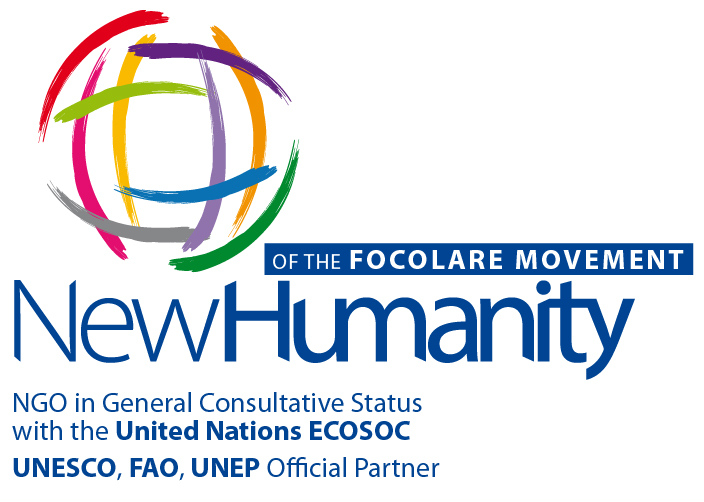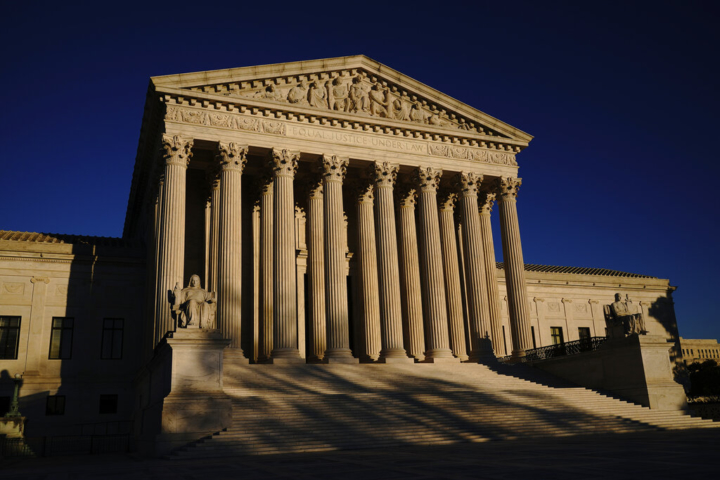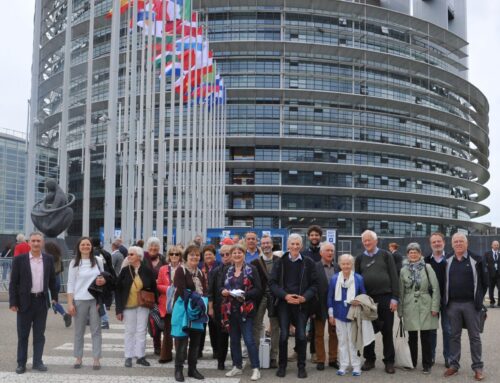FONTE: CITTÀ NUOVA
It is a Saturday afternoon and I am on the bus. Despite the new distances between seats, it is impossible for me not to hear the reflections of a neighbor, whose loud voice distracts me from reading a manual of preparation for an open competition.
The theme is a classic: “Taxes: we employees can’t do otherwise, but what about the others? The plumber gives me two options, and without an invoice I pay less. Even the hairdresser tries, but there the price would remain the same… Eh no! then in this case I want the receipt, or else only she stands to gain”.
Surprised, I return to my book which speaks, among other things, of the common good that every citizen is called upon to build, contributing with his or her own resources, material and otherwise… I ask myself: is it possible that the law is perceived only as a set of rules that limits individual freedoms? Here then, the rule is reluctantly respected, in order to avoid sanctions in case of transgression, without understanding the meaning behind it. Whoever finds a way to circumvent the rule, without being sanctioned, becomes “the cunning one“.
And yet during the pandemic, we have experienced that we need rules: the obligation to wear masks, the physical distance, the limitation of outdoor activities… In this context, those who respect the rules do not do so out of fear of a fine, but because in this case the purpose of the rule is immediately perceptible: to protect the health of everyone, first of all of those who respect the rule. Not only that, in these times we also want others to comply with the various provisions. We are frightened of crowds or those who do not wear the mask, we complain if the various structures have not yet managed to prepare themselves…
In fact, Covid-19 has highlighted our interdependence: to save myself it is not enough that I am diligent, it is necessary that everyone is diligent. It is better understood how the rule, while sacrificing an immediate interest of mine, can be a tool to achieve that common good that will then be turned into my interest too.
Up to this point the discourse remains utilitarian. I respect the rules because it suits me, so that, more or less promptly, an advantage is returned to me. But, for those who believe in a law superior to all norms, the law of love written in the DNA of every man and woman, there is more: living legality means translating into concrete gestures the free care of others.
And therefore: to ask for the receipt avoids a tax evasion that would take resources away from public services, essential for the most vulnerable; to submit to the speed limits means to take care of the health of other road users; not to bow to the logic of recommendation means to avoid an abuse of power; to respect the commitments made with a contract is to do to the other what I would like to be done to me …
And today?
The invisible virus affects everyone without distinction, but the social and economic impact is heavier on people who are alone, on homeless, unemployed or precarious people.
Even outside Italy, in the United States for example, the most fragile people have suffered the worst consequences: those without health insurance, irregular immigrants, workers without unemployment benefits. In this already dramatic context, the tragic killing of Afro-American George Floyd, followed by others, shook the country, turning the spotlight on the wound of racial discrimination. Many people of every skin color, age and religion have mobilized to express their rejection of racism. Some demonstrations have become violent clashes but, above all, there have been peaceful protests.
Even “Teens for unity”, the teenagers of the Focolare Movement, felt the need to examine this painful issue: equality among all, in the dignity of each one. Kate O’Brien, who supported the youth in their initiative, tells me that the purpose was to dedicate to racial justice the “time out for peace”: a minute for prayer or reflection that so many already live every day. In order to compose together the text of the prayer, the young people, from various social and cultural backgrounds, have established a laborious but constructive dialogue between them.
The question “what small actions can I do to increase peace and justice?” is echoed by the need to listen fully to those who have different opinions; misunderstandings often arise from a lack of knowledge of what the other lives and the environment in which he or she is living.
One of the fruits of this listening, which the young American and Afro-American people were the first to practice with each other, is a prayer that becomes a strong commitment: “We give thanks for our differences and for everything that makes us human. We pray that we can open our minds to recognize that diversity is an asset, not a threat. […] We ask to heal the wounds of all those who suffer evil and suffer in a special way because of racial injustice. May they find people who love them, comfort them and give them peace. We ask for the grace and courage to forgive those who have offended us and others. We ask that the change we desire may begin in each of us and that we inspire others with our actions. We ask for wisdom and courage to be builders of peace wherever we are.”
Furthermore, justice is not just a matter for jurists or legislators but for everyone: it lives primarily through interpersonal relationships. And, as Maria Voce, president of the Focolare Movement, points out, “putting the other and his or her needs in the foreground, the precept of love transforms the law, from a claim on the others’ behavior, into a prompt and generous fulfillment of what is due” (Law in contemporary society, Catholic University (CUEA) – Chair of Law, Nairobi, 25 May 2016).
If this is the case, the mere existence of a legal norm for itself is not enough to build a fairer society.
And here today is the need for fraternity, the third value proclaimed by the French Revolution which gives new light to the words “freedom” and “equality”.
Thus, Pope Francis in his encyclical Fratelli tutti. On fraternity and social friendship, signed in Assisi last October 3: “Fraternity has something positive to offer to freedom and equality. What happens when fraternity is not consciously cultivated […]? It happens that freedom is restricted, resulting rather in a condition of solitude, of pure autonomy to choose to whom or what we belong, or just to possess and exploit. This shallow understanding has little to do with the richness of freedom, which is oriented above all to love”.
In this way, everyone can do his or her part: counteract individualism with fraternity, the foundation of freedom and equality for everyone.





